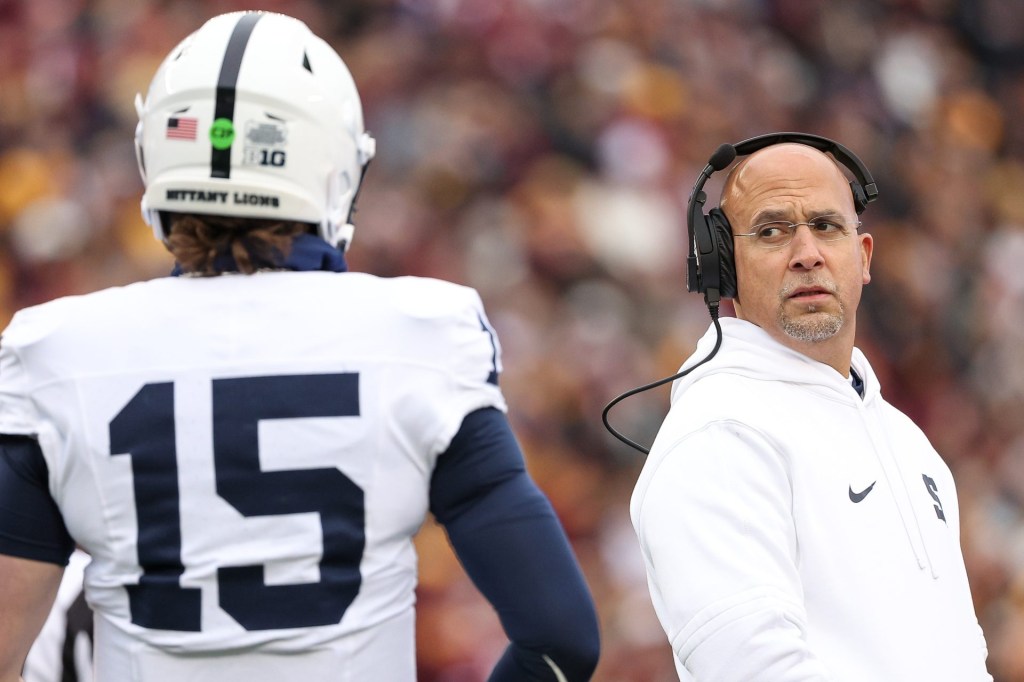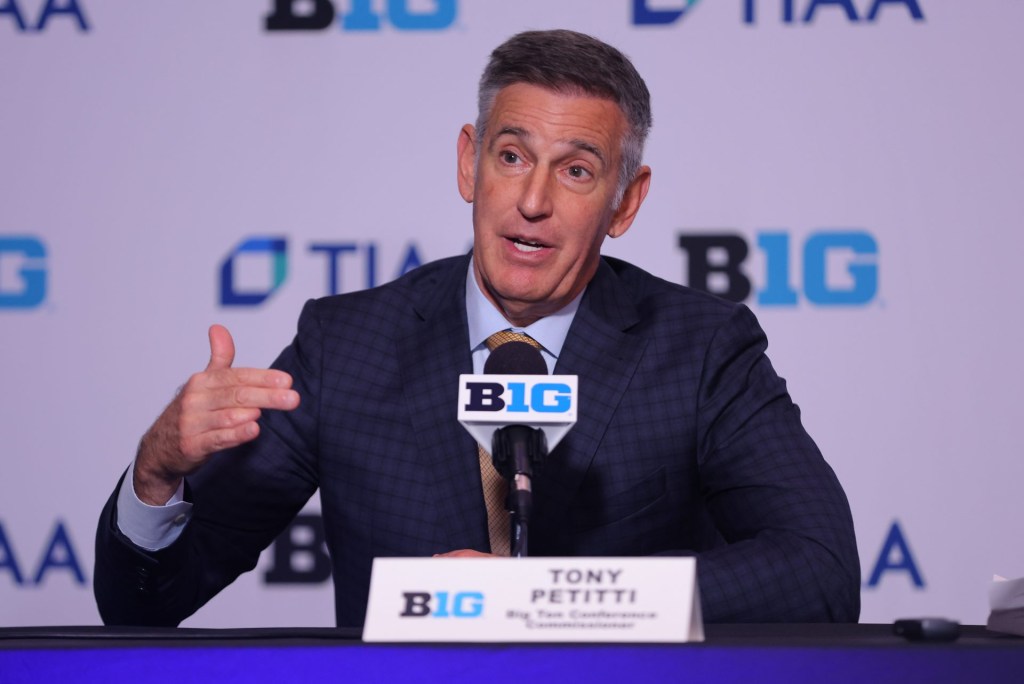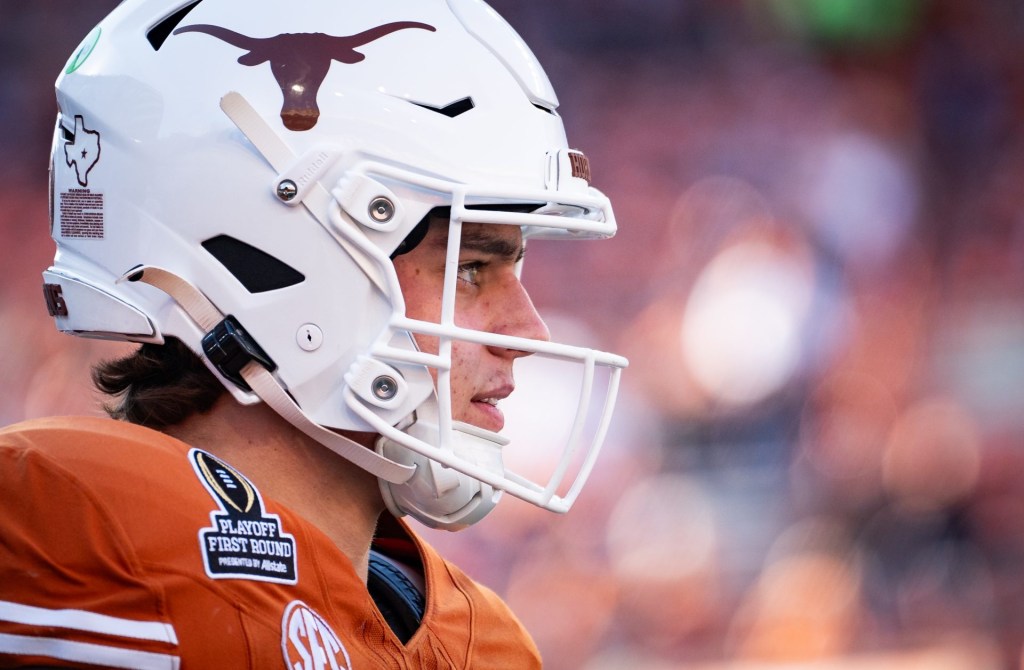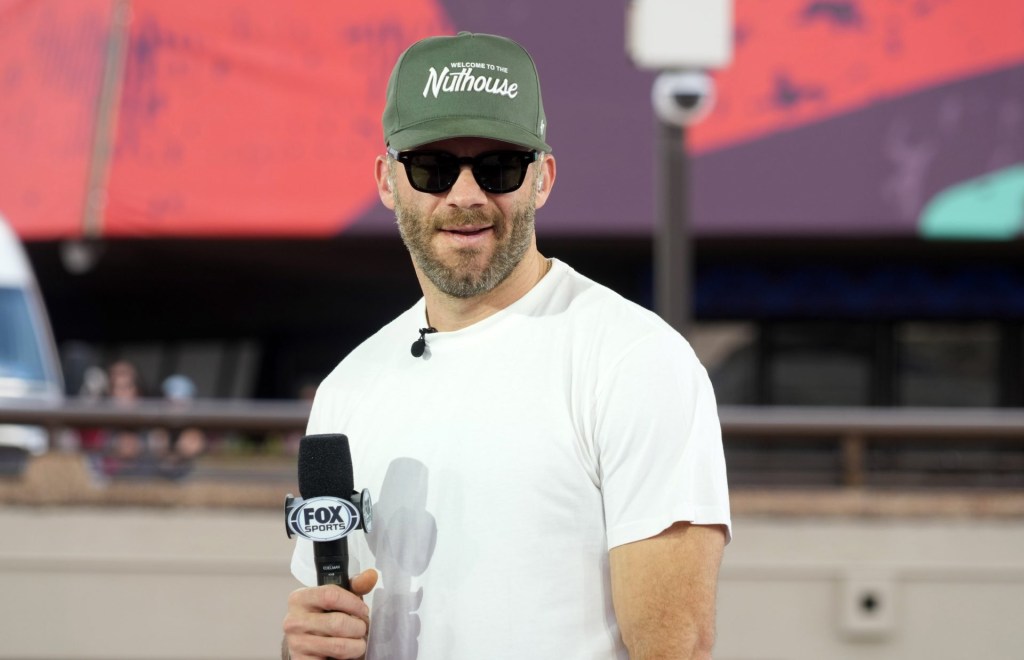Private equity’s entry into college sports has been more of a tiptoe than a march, and as Week 0 of the college football season begins, PE players are still on the hunt for the right opportunities.
College sports is supposed to be the new frontier for private equity, and there’s more of a need for capital than ever, given that the new House v. NCAA settlement allows schools to share millions in revenue with players and offer extra scholarships. Yet it remains unclear exactly what form PE investment will take—and whether it will include any traditional equity at all. It’s very different from the major North American pro leagues, all of which allow some form of private-equity ownership after the NFL approved limited PE investment last summer.
David Gringer, a partner at law firm WilmerHale who focuses on antitrust issues in higher education and sports, tells Front Office Sports that part of the reason for private equity’s slow walk into college sports is that the “finances don’t make the same degree of sense” as they do on the pro side.
“It’s not like you’re going to buy 10% of the University of Alabama,” he says.
So far, the clearest path for investors has been lending. Most major PE firms now have credit arms, and those deals don’t create ownership stakes like in the NFL, where firms can buy in and later sell out. Instead, they’re structured as loans: investors provide financing, collect interest, and get repaid.
The arrangements tend to carry less risk and fewer restrictions than equity, but also less reward, since lenders don’t share in the big upside of college sports’ commercial growth. Private-credit deals aren’t private equity’s Trojan horse; they are simply the sort of agreement that both sides—the investment firms and the schools—are most comfortable with for now.
We’ve already seen a version of this type of deal: A $500 million initiative from sports business consultancy Elevate, announced in June, brought institutional capital directly into college sports, and a number of deals have already been reached. The money came from PE firm Velocity Capital Management and the Texas Permanent School Fund. The initiative uses private-credit agreements—loans on a deal-by-deal basis with negotiated repayment terms.
At the time of its announcement, Elevate said it had already closed on eight-figure deals with two unidentified Power 4 schools, and up to six more were expected by football season.
Jonathan Marks, chief business officer for college at Elevate, told FOS in June that the goal for the initiative was to maximize revenue, which could mean using the institutional capital to upgrade stadiums and arenas to sell more premium seating, or converting little-used areas in them into club spaces for which schools can sell memberships.
“One reason college sports have become so attractive is the recurring cash flows,” says Josh Harlan, managing partner of Harlan Capital Partners. “Media rights, sponsorship, naming rights—these are multi-year contractual revenues.”
Harlan notes private credit is particularly efficient in smaller deals that might be overlooked by equity investors chasing larger opportunities. For now, this makes credit the simplest way for PE to gain exposure without taking on governance or control issues.
When it comes to the “equity” portion of private equity, investment in college sports has remained tentative. Theoretically, funds could invest in corporate structures holding revenue-generating athletic operations—something Clemson University and the University of Kentucky have both done—although questions remain about how well PE would mesh with the mission of higher education.
“PE can add a ton of value. It’s not just capital, it’s expertise,” says Brian Anderson, who co-leads the sports practice at law firm Sheppard Mullin. “These funds often have portfolios of companies they can leverage to help schools commercialize stadiums, [secure] naming rights, sponsorships, fan engagement—all the things pro teams already do.”
But, he cautioned, “PE likes control. They want governance rights, board seats, influence over how an entity operates. That’s where you can see conflict in college sports, especially with public institutions that have an educational mission.”








